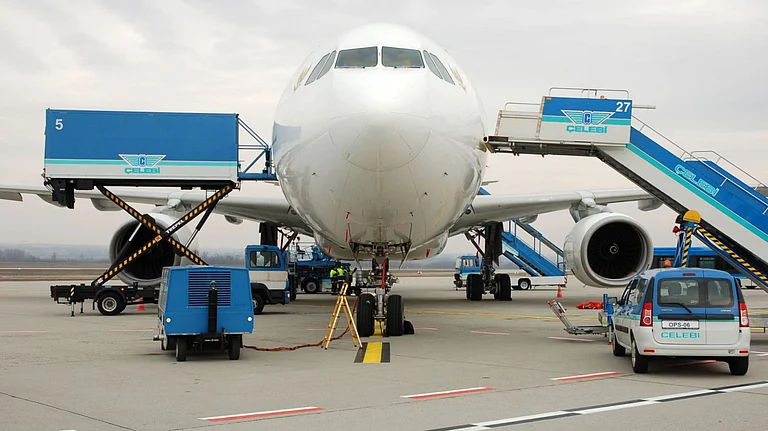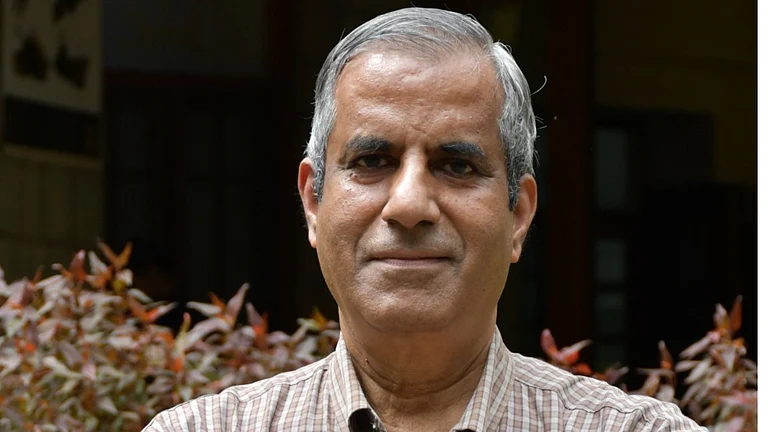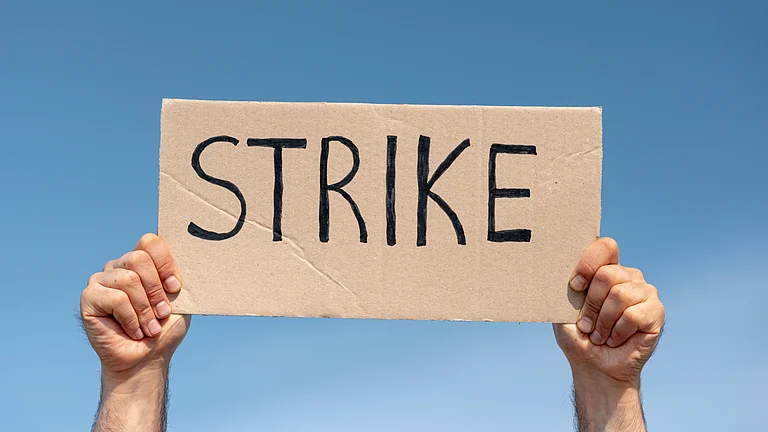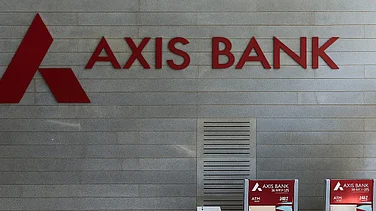Boeing's troubles continue to take a sharp surge. The US's National Transportation Safety Board (NTSB) has already issued “urgent safety recommendations” for some Boeing 737 models. Plus, several media reports indicate that the aviation company is witnessing a production halt.
This isn't Boeing's first encounter with troubles, but the timing couldn’t be worse for the airline company right now, especially with nearly 33,000 workers on strike. The company has been struggling for a long time and this situation could have ripple effects for the Indian aviation industry which is currently facing its own set of issues.
Will the strike impact Indian aviation companies?
While the strike might not have any direct impact on domestic aviation companies, the far-reaching implications resulting from production disruptions might be a cause for worry. As per Boeing's web portal, the company has many Indian aviation companies in its customer base, including Air India, Air India Express, Akasa Air and SpiceJet. While Boeing's production halt might lead to delay in deliveries, no official statement has been released by any of the domestic aviation companies as of now.
The strike has already forced Boeing to put a halt on the production of some of its major aircrafts like 737, 767 and 777 models.
Meanwhile, the Indian aviation sector seems to be dealing with its own set of problems like rising costs, delays in services being provided, frequent cancellations and a not-so-happy customer base. The grounded fleet has increased for some airlines. And time and again, passengers have not shied away from sharing their disappointing experiences with Indian airlines on social media platforms.
What is even more concerning here is that, despite the industry facing increased demand, Indian airlines have quite evidently failed to take leverage of the same.
According to ICRA, the Indian aviation industry is likely to incur a net loss of anywhere between Rs 20-30 billion in FY25 and FY26, up from Rs 10 billion witnessed in FY24.
But there is another big problem that is looming around for the domestic aviation industry and that is because India's MRO (maintenance, repair and overhaul) industry is still in its nascent stage. To meet the rising demand for air travel, the industry needs a strong MRO segment.
Is India's aviation industry heavily reliant on foreign MROs?
India's MRO industry was worth around $1.7 billion in 2021 and it is expected to grow to $4.0 billion by 2031. This represents a growth rate of 8.9 per cent, which is higher than the global average of 5.6 per cent as per a Niti Aayog report.
"Our vision is to transform India into a leading aviation hub. The Indian MRO industry is projected to become a $4 billion industry by 2030. This policy change is a crucial step towards building a strong ecosystem for MRO services, driving innovation, and ensuring sustainable growth," Rammohan Naidu, Union Civil Aviation Minister, said earlier this year in a release.
While the numbers might seem healthy, they are not strong enough for India's aviation growth.
However, there might be some hope. Tata's TASL (Tata Advanced Systems Limited) has partnered with Lockheed Martin to build an MRO facility for the Indian Air Force’s C-130J Super Hercules planes. French MNC Thales has also announced its plans to open an avionics MRO facility in Gurugram next year. Many such projects by other companies are also expected to be in the pipeline.
On top of that, the government has already offered tax relief to the MRO sector.
"The introduction of a uniform 5 per cent IGST rate on MRO items is a major boost for the aviation sector. Previously, the varying GST rates of 5 per cent,12 per cent, 18 per cent, and 28 per cent on aircraft components created challenges, including an inverted duty structure and GST accumulation in MRO accounts. This new policy eliminates these disparities, simplifies the tax structure, and fosters growth in the MRO sector," Naidu said earlier this year.
































